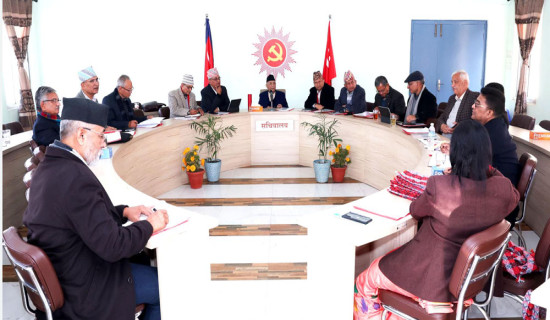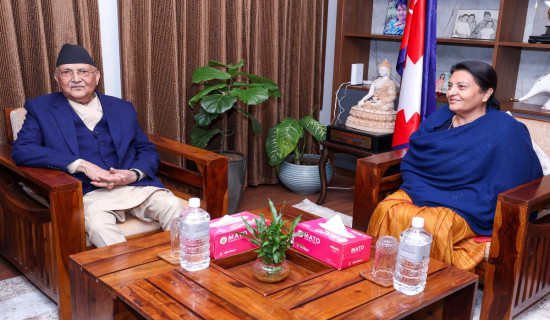- Friday, 3 January 2025
Transitional justice: Major political parties finalize agreement on thorny issues
Kathmandu, Aug 1: The three major political parties have finally reached an agreement on some contentious issues to conclude the transitional justice process as per the Comprehensive Peace Agreement signed between the government and then rebellion CPN (Maoist).
The taskforce comprising leaders from the Nepali Congress, CPN-UML and the CPN (Maoist Centre) agreed on the pressing issues of the transitional justice like interpretation of conflict-era cases, relief, compensation, reparation and justice delivery.
The transitional justice is a long pending issue of the peace process in Nepal. It has been observed with keen interest and importance by the national and international community.
Maoist Centre leader and taskforce leader Janardan Sharma shared that the major political parties have sorted out the thorny issues of peace process and signed a four-point agreement. "Following rigorous discussions, we have concluded the four thorny issues," he shared.
As per the agreement, intentional or arbitrary killing will be included under the definition of murder; the families of the security persons who lost lives in the conflict would be provided relief, compensation and reparation, while similar scheme is planned for the combatants who were termed disqualified ones.
Similarly, in case the victim side does not consent to the conflict era case, it would be recommended to the Attorney General. Such cases would now be adjudicated based on the existing principle of criminal justice, but in line with transitional justice.
The report of the agreement made by the task force would be submitted to the top leaders. "It would be forwarded after the Law, Justice and Human Rights Committee of the parliament takes ownership," said taskforce member Sharma, exuding happiness that it was a feat the taskforce achieved.
Similarly, another member and Home Minister Ramesh Lekhak said that the political parties came together in resolving the remaining tasks of the peace process. "It is an achievement. Now, we are in the same footing to finalize the issues," he added.
UML Chief Whip and taskforce member Mahesh Bartaula also stated that legal hurdles would be cleared to conclude the peace process. "It is a positive development indeed. It is neither a win nor a victory, but a resolution to sign off the peace process," he observed.
According to him, the agreement was made being based on the principles of transitional justice and national and international standards where victims' concern are kept in centre. Also paid heed is the decisions made by the Supreme Court.
As per the agreement, the victims and perpetrators would be brought together and assimilated in a way that it would prevent future conflict. The victims would be ensured justice and perpetrator brought to book, he added.
The agreement among the major political parties on this significant backlog of peace process has been taken as a measure to alleviate the conflict-era wounds. It has been 17 years since signing of the CPA, the big parties became able to strike a deal to fully settle the peace process.
Irrespective of the formation of two transitional justice mechanisms and officials put in place for multiple times since CPA, they were unable to give impetus to the finalization of peace process owing to political indifferences earlier. (RSS)

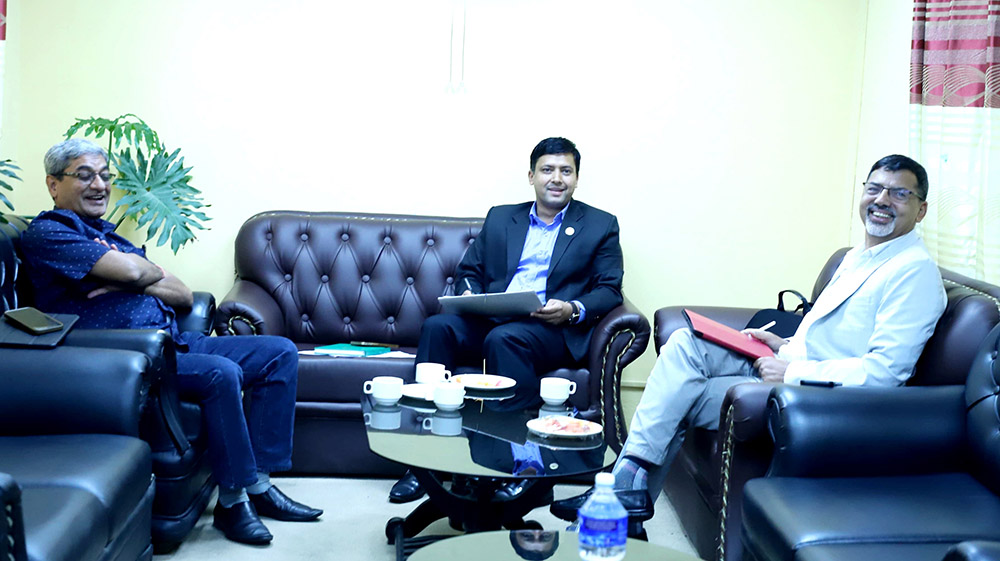

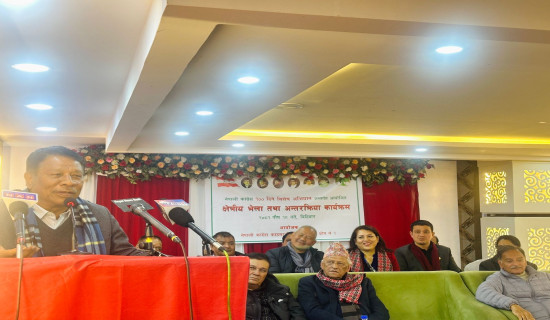
-square-thumb.jpg)

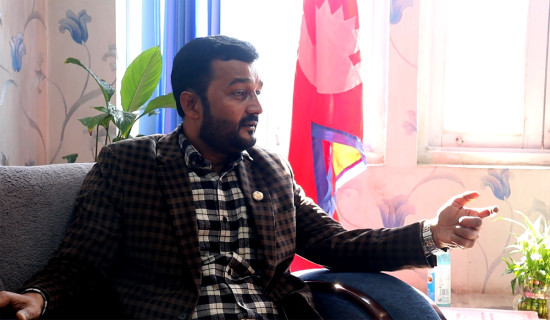
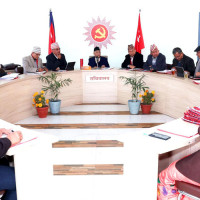
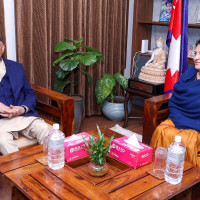
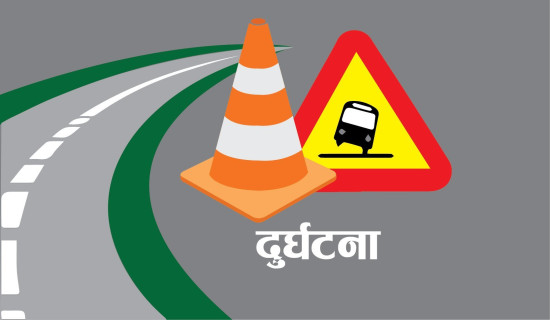
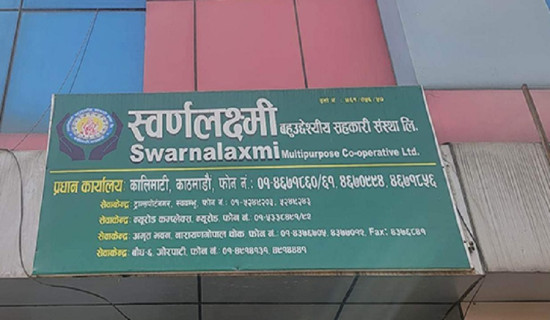
-original-thumb.jpg)

